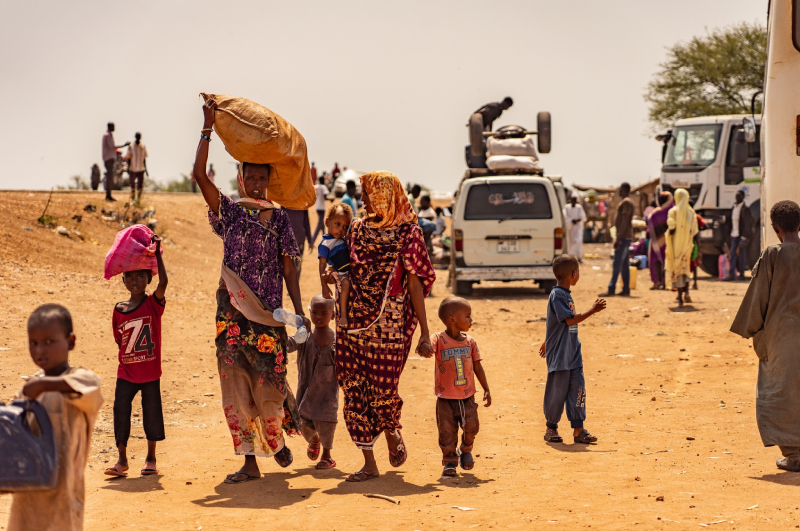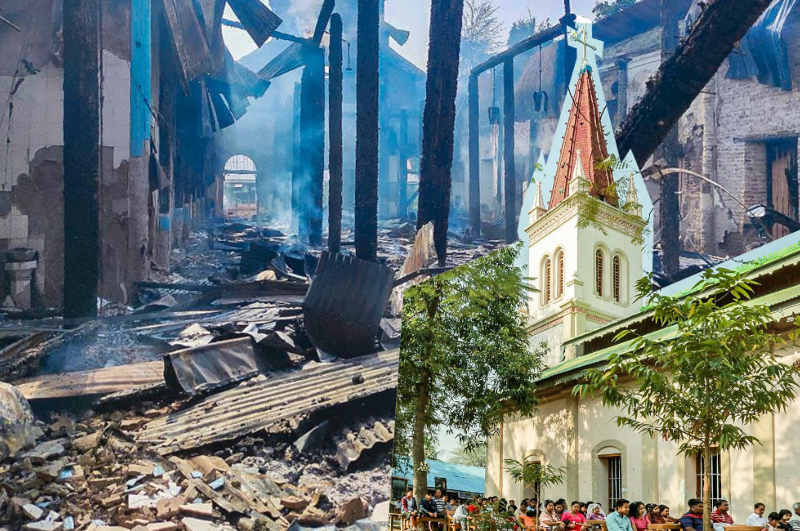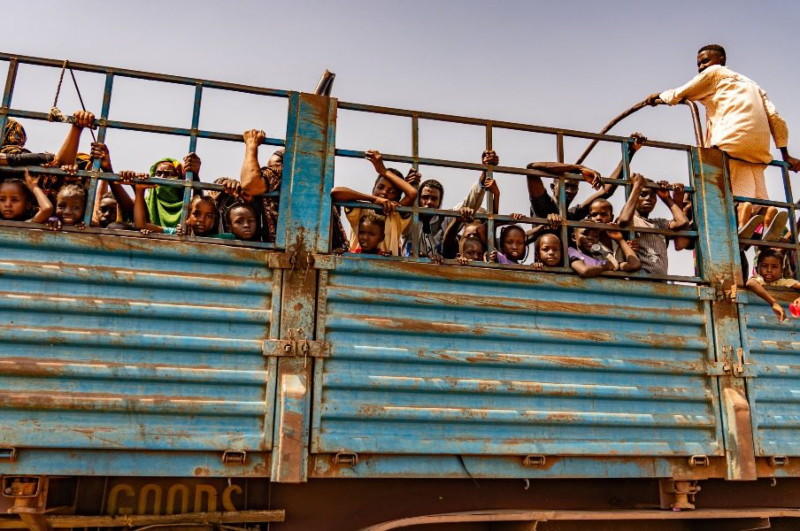



It is one year since the people of Sudan were plunged into extreme humanitarian emergency following the outbreak in mid-April 2023 of fierce fighting between the Sudan Armed Forces (SAF) and the Rapid Support Forces (RSF).
After having already endured years of protracted crisis in the country, the Sudanese people now face much greater threats to their safety and security, housing, water, food, essential health infrastructure and education.
According to the United Nations, over 8 million people were forced to leave their homes in search of safety within and outside Sudan due to the conflict. Sexual and gender-based violence is dramatically on the rise and we witness a sharp increase in family separation. Together with the 3.8 million internally displaced persons from past internal conflict, Sudan currently faces the largest internal displacement crisis in the world and the most significant child displacement crisis, with more than 3 million children displaced inside and outside the country.
Nearly 18 million people across Sudan – or almost one in three Sudanese – are currently facing acute food insecurity (IPC Phase 3 or above). This is the highest recorded share of people facing this level of food insecurity during Sudan’s harvest season (October to February). Of this total, five million people are currently experiencing emergency levels of food insecurity (IPC Phase 4), some of whom are facing catastrophic conditions (IPC Phase 5), particularly in West and Central Darfur. The most highly food insecure populations in Sudan have been identified in areas where conflict has been particularly intense, including in Al Jazirah, Darfur, Khartoum, and Kordofan.
Meanwhile serious disease outbreaks, including cholera, are compounding the impact on the population, two-thirds of whom lack access to healthcare. In all, some 24.8 million people – almost one half of Sudan’s total population of 51 million – are in need of humanitarian assistance.
In this overwhelming crisis, the facilitation of cross-border operations from Chad and South Sudan is critically and urgently needed. Given the radically reduced production of Sudan’s main staple cereals of sorghum and millet the humanitarian crisis, especially in Darfur, is otherwise only likely to get worse.
Yet, despite this catastrophic situation, the funding coverage for the UN humanitarian response appeal for Sudan is currently only 7%. The 2024 Sudan Regional Refugee Response Plan also urgently requires $1.4 billion to continue critical life-saving interventions and protection to 2.7 million refugees, returnees and host communities in five neighbouring countries.
We urge the international community not to abandon the people of Sudan, despite the focus on conflicts elsewhere. While there are many positive grassroots efforts to support, including peacebuilding initiatives by religious and traditional leaders and financial provision flowing from the Sudanese diaspora, we appeal urgently for much greater international humanitarian support to mitigate the enormity of the suffering of the people. Comparing the vast scale of need and the under-funding of the response compared to other major crises, the Pledging Conference must unlock new and additional resources, and prioritise working through diaspora and partnership-based agencies that can get these to local frontline responders. We also call for much more assertive and coordinated international engagement in seeking increased humanitarian access (including facilitation of cross-border operations from Chad and South Sudan), diplomatic solutions to achieve an urgent ceasefire, and an end to a conflict that has now created one of the world’s largest hunger crisis in 2024.
To DONATE, see appeal on this link: Urgent humanitarian appeal for Sudan: the biggest displacement crisis in the world.
Related Articles




Select Payment Method
Pay by bank transfer
If you wish to make a donation by direct bank transfer please contact Fr Paul Hamill SJ treasurer@jesuits.africa. Fr Paul will get in touch with you about the best method of transfer for you and share account details with you. Donations can be one-off gifts or of any frequency; for example, you might wish to become a regular monthly donor of small amounts; that sort of reliable income can allow for very welcome forward planning in the development of the Society’s works in Africa and Madagascar.
Often it is easier to send a donation to an office within your own country and Fr Paul can advise on how that might be done. In some countries this kind of giving can also be recognised for tax relief and the necessary receipts will be issued.



